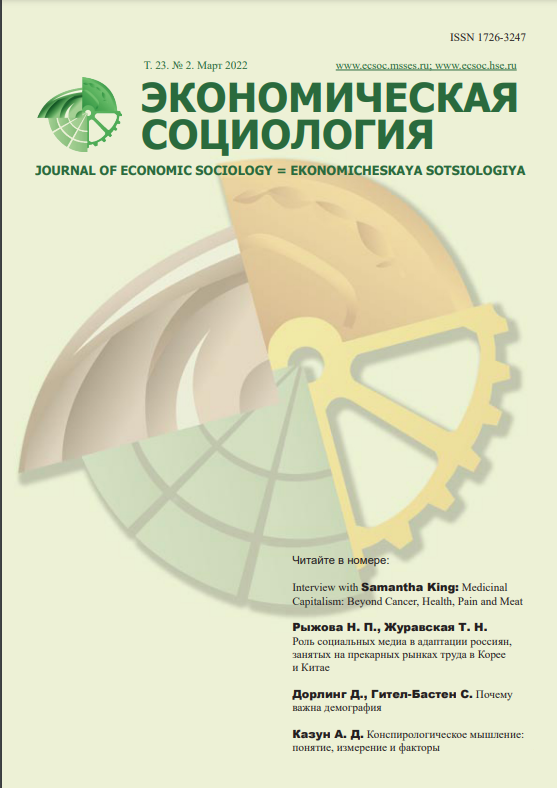Почему важна демография
Аннотация
Демография — не судьба. Как больше двух веков назад говорил Джакомо Казанова, «судьбы не существует, мы сами определяем свои жизни». Сегодня мы определяем свои жизни и жизнь общества больше, чем когда бы то ни было прежде. Ещё никогда в мировом масштабе у нас не было так мало детей в пересчёте на одного взрослого: численность нашего населения близка к стабилизации, хотя мы и не знаем, когда и на отметке какой численности это произойдёт и что будет потом. Эта стабилизация будет результатом миллиардов частных решений, принятых под влиянием множества событий и политических мер, и некоторые из них будут менее предсказуемы, чем другие. Сегодня по миру передвигаются больше людей, чем когда-либо прежде, но мы слишком часто воспринимаем их как угрозу, а не как знак возросшей свободы. И точно так же мы слишком часто сокрушаемся по поводу старения населения вместо того, чтобы признать его потрясающим и полезным достижением человечества, к которому мы должны адаптироваться. Журнал «Экономическая социология» публикует восьмую главу — «Население и политика» («Population and Politics») — книги Д. Дорлинга и С. ГителБастена «Почему важна демография». В этой главе авторы обращаются к теме политической демографии, сначала поднимая вопросы евгеники в её историческом и современном проявлениях, а затем обсуждая миграцию и паттерны рождаемости прошлых лет, которые могут на миграцию влиять.













